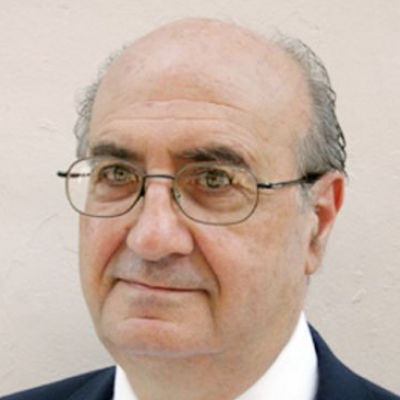Bahrain’s Brutal Crackdown on Doctors
How is Bahrain violating the Geneva Convention by its brutal crackdown on physicians?
May 16, 2011
As in Egypt, Tunisia, Libya and Syria, the wave of unrest known as the “Arab Spring” has broken across Bahrain, the tiny kingdom on the Saudi peninsula. The regime of King Hamad bin Isa Al Khalifa began its last crackdown on protesters on February 15 — and it hasn’t stopped since then. As of the middle of April more than 400 people had been arrested. Twenty-seven political opponents and protesters have been reported dead and dozens are missing.
On March 16, the government imposed a state of emergency. Its security forces, backed by troops from Saudi Arabia and the United Arab Emirates, cleared protesters from Pearl Square in Manama, the kingdom’s capital.
Government soldiers have taken control of Salmaniya Medical Complex, Bahrain’s largest public hospital. According to the government, both the hospital and local clinics are nests of radical Shiites intent on destabilizing the country. The result is that many sick people have nowhere to go.
The government’s crackdown on doctors and medical personnel is probably intended to instill fear in doctors so that they will not take care of wounded demonstrators. However, many doctors still respond to the mandate of their Hippocratic Oath and manage to care for those wounded, in many cases taking them to the hospital or neighborhood clinics in their own cars rather than in ambulances to avoid being stopped by the police.
Bahrain’s campaign of intimidation and persecution of doctors runs counter to the Geneva Convention rules about guaranteeing medical care to people wounded in conflict. A series of email messages between a surgeon in Salmaniya hospital and a British colleague obtained by The Independent shows the extent of the abuse. “It has been a long day in the [hospital] theatre with massively injured patients equivalent to a massacre. Things are still volatile and I hope that there will be no more death,” wrote the Bahraini doctor.
The government has repeatedly denied that it is targeting doctors or medical personnel. However, the opposition claims that plain-clothes policemen target medical personnel at checkpoints if they suspect that they have been treating injured protesters. In addition, the government is accused of having turned away a Kuwaiti medical delegation which was coming to the aid of injured civilians.
Physicians for Human Rights (PHR) has denounced the abduction by armed security forces of three doctors, one of them from the operating room while he was performing surgery. Their whereabouts are still unknown. PHR has also found flagrant abuses against patients and detainees including torture, beating, verbal abuse, humiliation, and threats of rape and killing.
Professor Rodney Shakespeare, chairman of the Committee against Torture in Bahrain, in London, recently declared to Press TV, “Every medical person takes the Hippocratic Oath, or a version of the oath, or the oath is embodied in some form in their ethics and training. It basically says that they will help all injured people or sick people and they will do no harm.”
“And every decent person who faces someone who is injured tries to help in some way. It is a good, humane, human instinct. But the [government has] shown that they are sub-human, and they have flouted all decent human instinct, by daring to charge people just for helping the wounded.”
The government’s repression is not only targeted at doctors, however. According to Human Rights Watch, unknown assailants threw tear gas grenades at the home of Nabeel Rajab, head of the Bahrain Center for Human Rights and a member of the Human Rights Watch Middle East Advisory Committee.
The grenades were identified as Triple Chaser CS 515 grenades, manufactured by Federal Laboratories in Saltsburg, Pennsylvania. According to Human Rights Watch, only Bahrain’s security forces have access to this type of grenades.
“In two decades of conducting human rights investigations in more than 20 countries, I have never seen such widespread and systematic violations of medical neutrality as I did in Bahrain,” wrote Richard Sollom, deputy director of Physicians for Human Rights in The Independent.
Given its close relationship with the Bahrain government, the United States has the right — and the responsibility — to help put a stop to these abuses.
Takeaways
Bahrain's campaign of intimidation and persecution of doctors runs counter to the Geneva Convention rules about guaranteeing medical care to people wounded in conflict.
Many doctors still respond to the mandate of their Hippocratic Oath and manage to care for those wounded, in many cases taking them to the hospital in their own cars to avoid being stopped by the police.
Given its close relationship with the Bahrain government, the United States has the right to help put a stop to these abuses.

